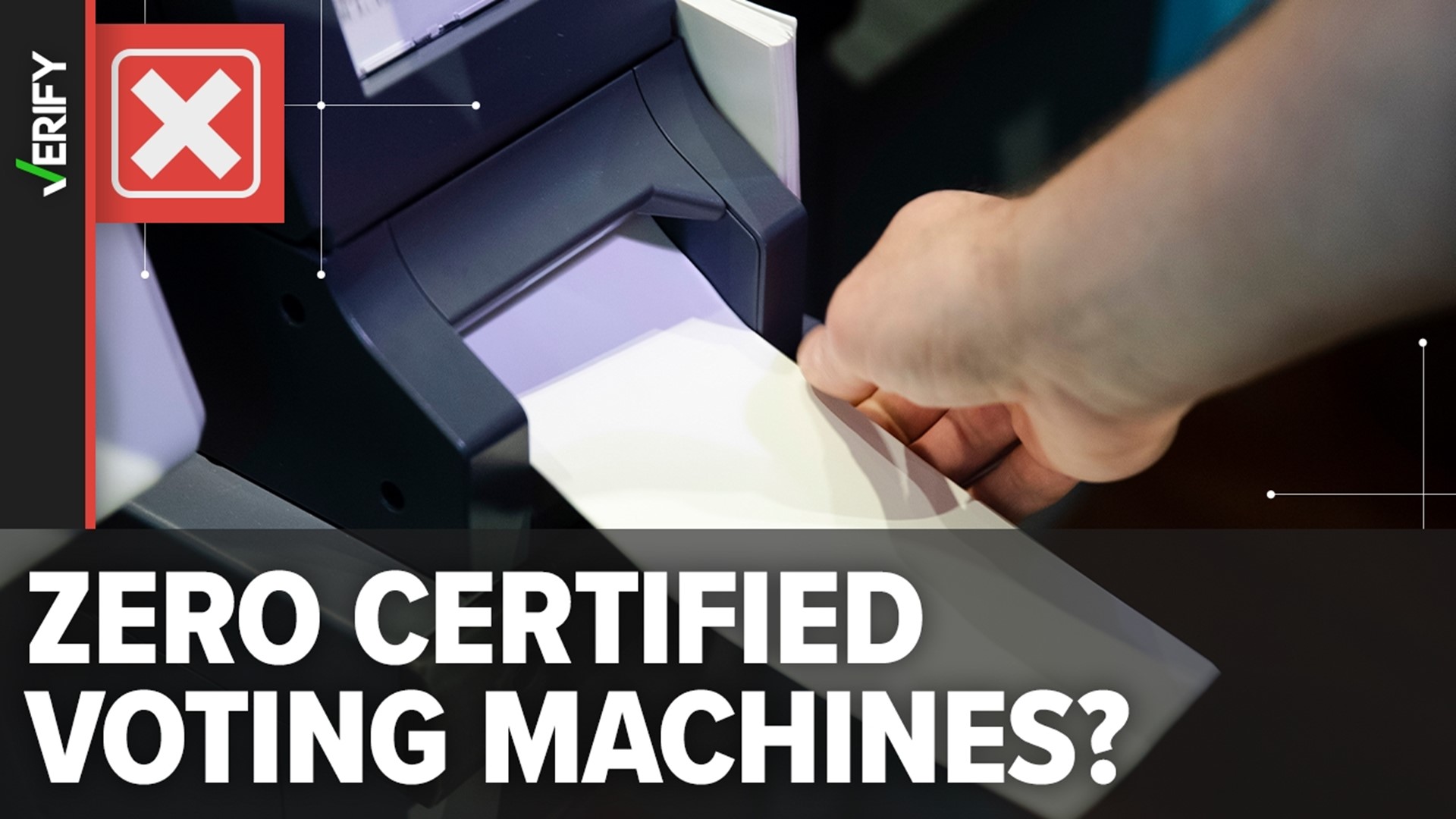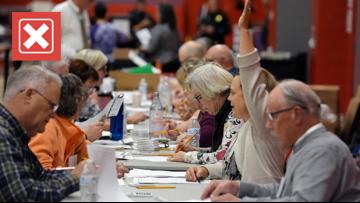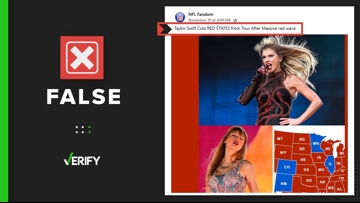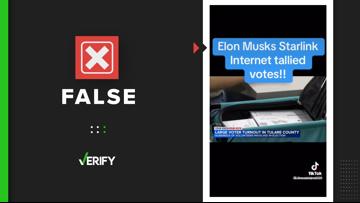Concerns about election integrity have been the topic of conversation across the country since the 2020 presidential election.
A common specific concern is the certification of voting machines.
VERIFY viewer Mark texted us saying he’d heard rumors that come election day, zero voting machines will be certified.
THE QUESTION
Is it true that zero voting machines in the US will be certified before the 2024 election?
THE SOURCES
THE ANSWER
No, it’s not true that zero voting machines in the US will be certified before the 2024 election.
WHAT WE FOUND
Federal law does not require voting machines to be certified in order for them to be used in elections. But voting machines can receive certification from the U.S. Election Assistance Commission, a federal agency created in 2002.
States decide the majority of election laws, including for the administration of presidential elections. Some require their voting machines be certified by the EAC, others do not.
To be certified by the EAC, machines have to meet a set of standards called the Voluntary Voting System Guidelines and be approved by special testing labs.
For instance, machines must “record each vote precisely as indicated by the voter and produce an accurate report of all votes cast” to be EAC-approved.
In recent years, the EAC has developed updated guidelines, called VVSG 2.0, many of which deal with cybersecurity. For example, the new guidelines prohibit voting machines from using wireless networks.
Beginning on Nov. 15, 2023, all new voting machines have to meet the updated guidelines in order to receive certification.
But that doesn’t mean machines approved under the earlier guidelines, VVSG 1.0, are no longer certified.
Any previously approved machines remain certified unless they are explicitly decertified. Decertification requires a separate process that includes a vote of the EAC commissioners.
According to the EAC, only one voting machine system has been submitted for certification under the new guidelines, and it was approved. Dozens of commonly used systems remain certified under the original guidelines.
Every state, even if it doesn’t require EAC certification, has a designated process for approving voting machines prescribed in its laws.
Many of these laws require additional screening beyond EAC certification, usually by the Secretary of State or some form of state elections board.
States with less restrictive laws still have to follow baseline rules established in the federal Help America Vote Act, which sets standards for basic functionality of voting machines but does not have as extensive security requirements as EAC certification.












